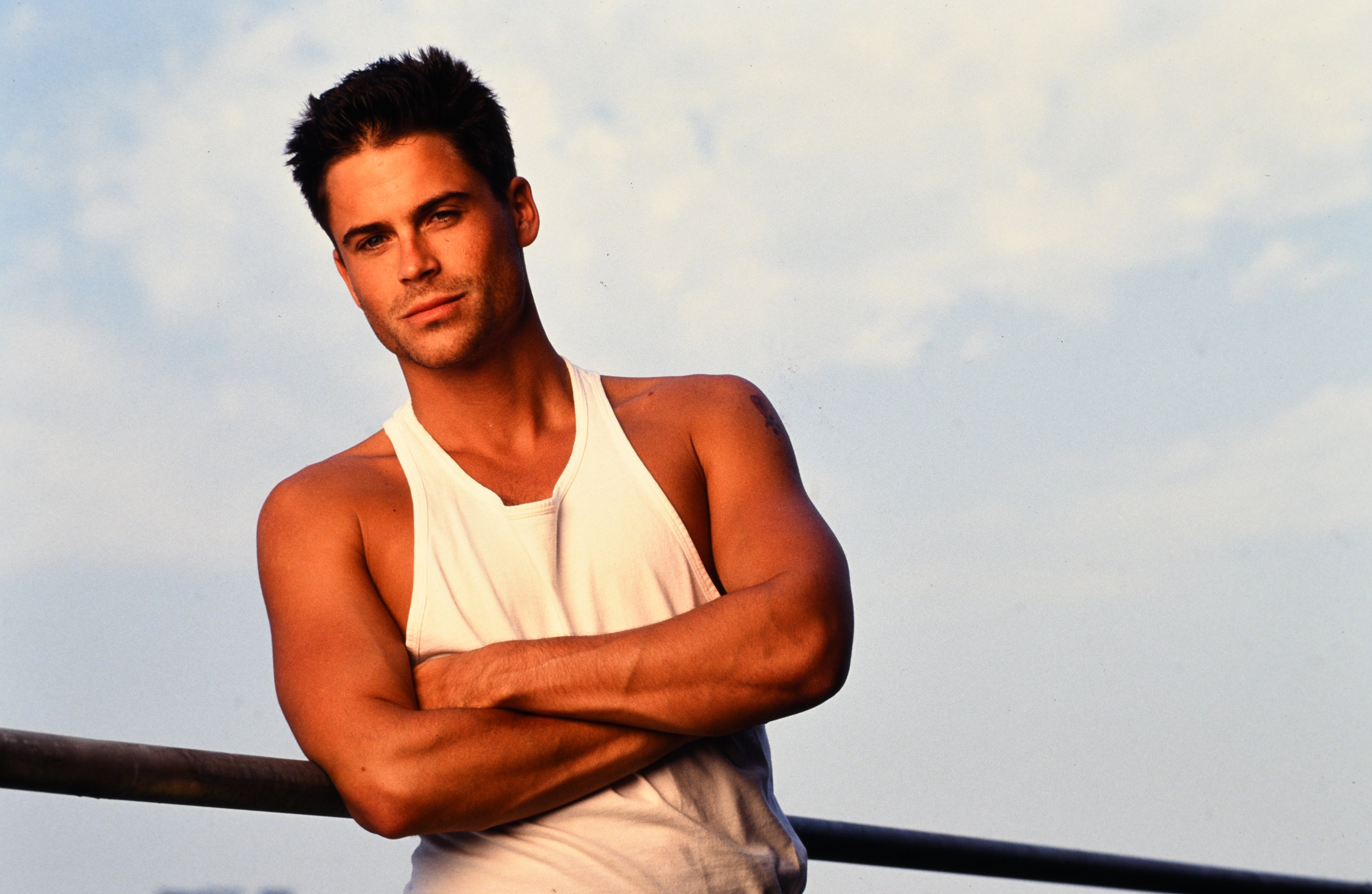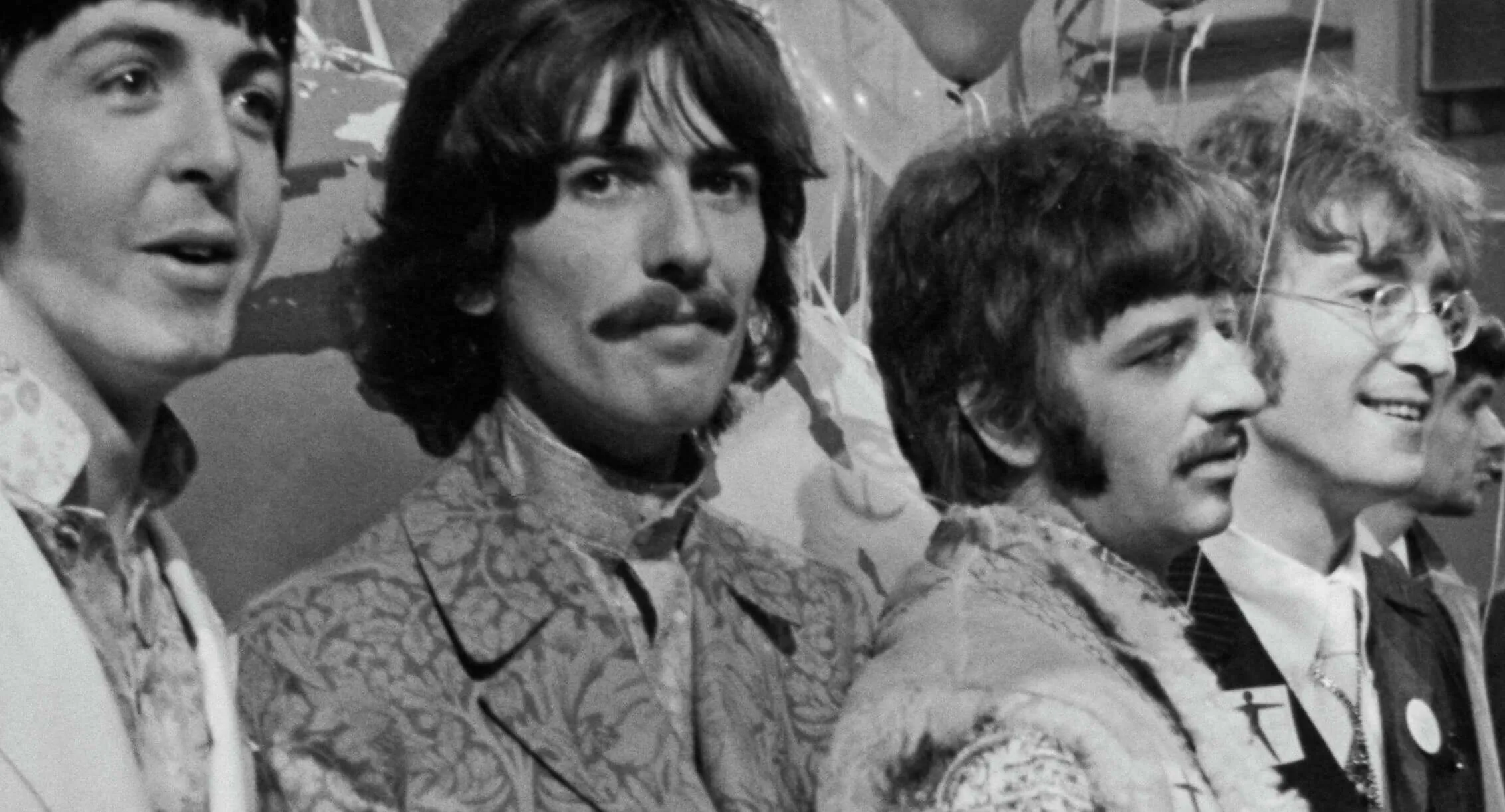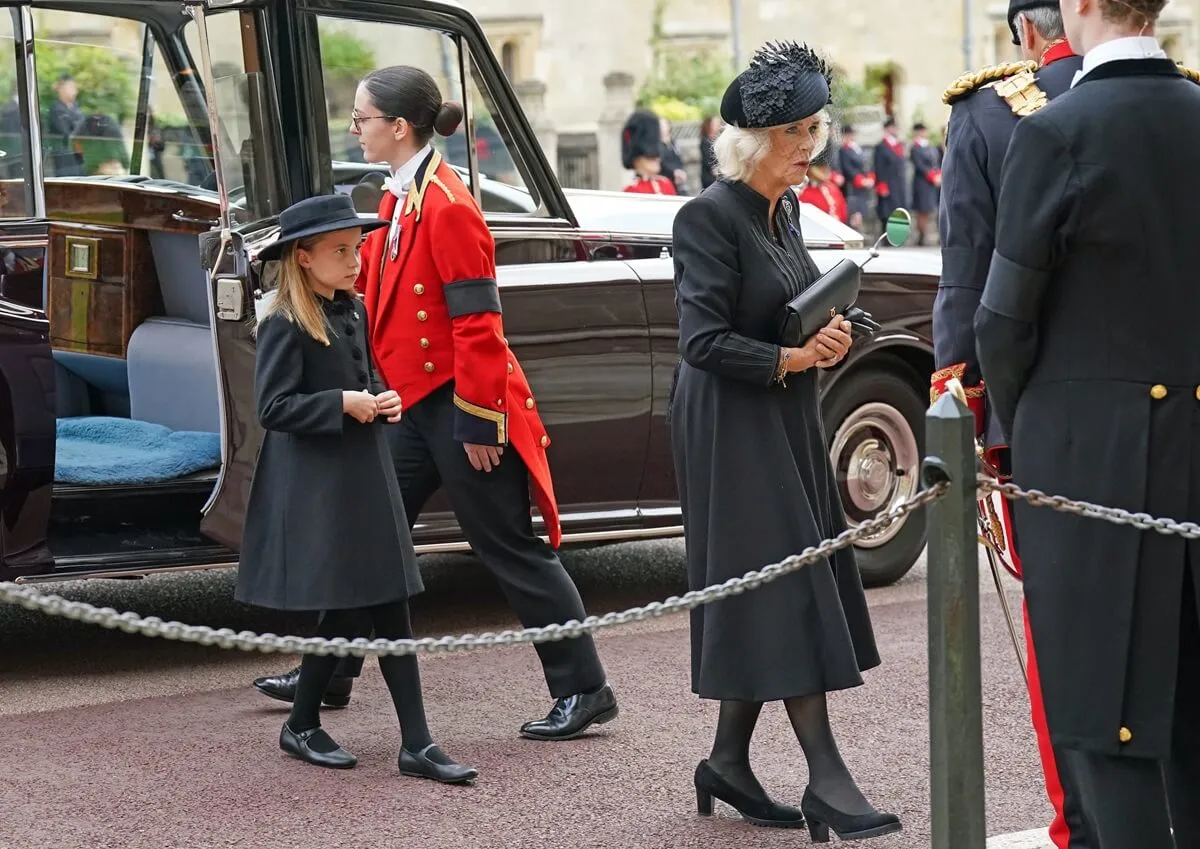What Inspired Rob Lowe to Get Sober (It Wasn’t His Sex Tape)
In the 1980s, Rob Lowe was an infamous member of the Brat Pack. All of a sudden, drugs and alcohol became readily available at the drop of a hat. At the age of 26, the St. Elmo’s Fire actor decided to get sober. Though there were several factors that led him to make this decision, there was one incident, in particular, that inspired him to seek help.

Rob Lowe’s Brat Pack days
The film that made Lowe a star, The Outsiders, was filmed in Tulsa, Okla. He turned 18 while shooting.
“Every day when we would wrap we’d get in a van,” Lowe told Variety. “The Teamsters would give us a carton of beer. This was a Warner Bros. movie — as mainstream as it gets.”
As Lowe’s career progressed, he learned, first-hand, of the industry’s then-attitude toward illicit drugs, particularly cocaine.
“This was just how the business was back then,” he said. “Cocaine was the thing that successful people did. There was always that wonderful moment when as an active drug abuser you’d go on the set and figure out which department was selling the coke on the set. It was no different than craft services. Where are the Red Vines, and where is the great Peruvian blow?”
“Those days are long, long, loooong gone,” he added.
The decision to get sober
“Nothing can make you get sober except you wanting to do it,” he said. “The threat of losing a marriage, losing a job, incarceration — you name the threat, it will not be enough to do it. It’s got to be in you. The reason that people don’t get sober 100% of the time when they go into programs is that people aren’t ready when they go to use the tools.”
On May 10, 1990, Lowe was ready.
Though the actor had previously faced legal trouble in 1989, a year after Lowe made a sex tape with a 16-year-old girl — the teenager’s family filed a lawsuit against him — this was not the moment that made Lowe realize he needed help.
Instead, a missed phone call from his mother convinced the Parks and Recreation actor he needed to make a change.
“I wasn’t ready until I was ready,” he said. “I was ready when one day back in the days of answering machines my mother called me and I could hear her voice on the answering machine. I didn’t want to pick up because I was really, really hungover and I didn’t want her to know. She was telling me that my grandfather, who I loved, was in critical condition in the hospital and she needed my help. And I didn’t pick up. My thought process in that moment was ‘I need to drink a half a bottle of tequila right now so I can go to sleep so I can wake up so I can pick up this phone.’”
As hungover as he was, even Lowe knew his thought process was “nuts.”
“It was like a badly written moment in a soap opera — complete with the walk into the bathroom and looking at myself in the mirror,” he said.
Lowe had been carrying around a business card of a drug and alcohol counselor in his wallet that a friend had given him.
“I couldn’t keep a pair of sunglasses for more than two weeks, but I kept this card for a year in my wallet,” he said. “I called it the next day.”
Rob Lowe still works on his sobriety every day
Learning about the science of addiction and how substance abuse can affect the brain was integral for Lowe’s recovery. Therapy helped, too — understanding why he was the way he was and how his experiences had shaped him.
“All of my understanding about life has come from getting sober and being in recovery,” he said. “The work that you do once you stop whatever it is you’ve been abusing — that’s when the real work begins. And that continues to this day. In many ways, it doesn’t get any easier but it does get more fulfilling.”
Lowe said people always thought he was going to end up like Warren Beatty in Shampoo.
“Instead, when I got sober, who I really was came out,” he said. “It turned out I was one of the first of my peers to get married and have kids. That guy was in me all the time, but the life I was leading wouldn’t let him out.”
“One of the great gifts of recovery is that you start living your authentic life. You start living your actual values and living as who you truly are,” he added.
How to get help: In the U.S., contact the Substance Abuse and Mental Health Services Administration helpline at 1-800-662-4357.


